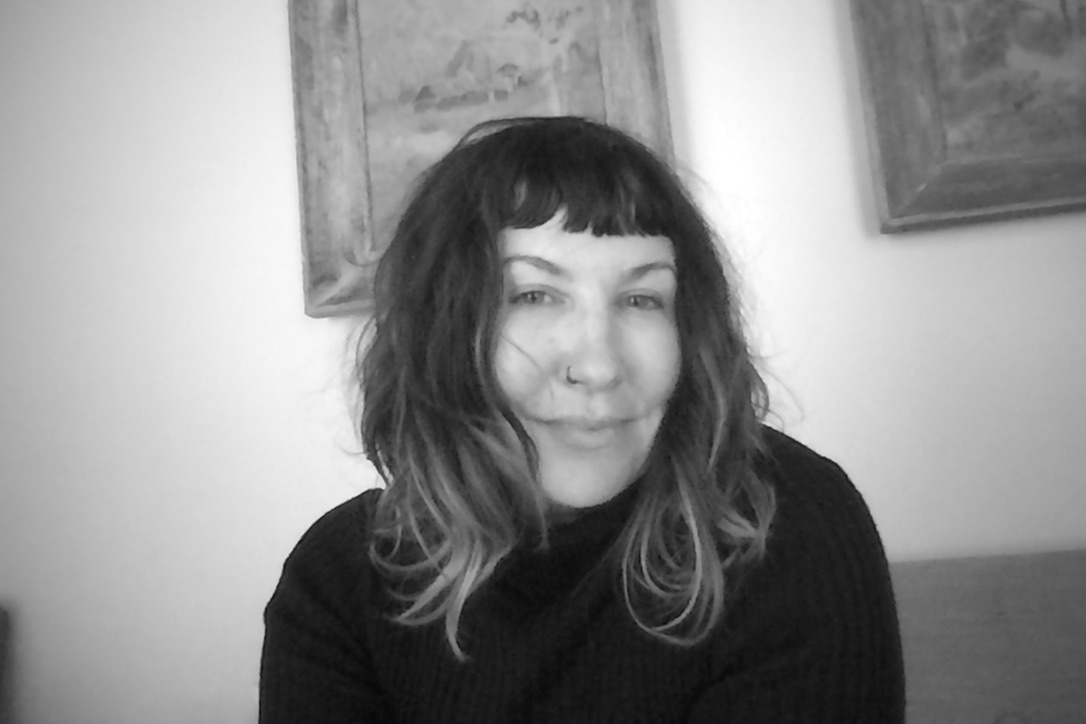Kristen Barnett
Research Area
Research Stream
About
Kristen Barnett (Unangax) is an assistant professor and Tier-2 CRC Chair in Indigenous Archaeology in the Department of Anthropology at the University of British Columbia. Broadly trained in anthropological archaeology and Indigenous studies she received her PhD at the University of Montana (2015). Her primary research interests are at the intersection of Indigenous and western science and include research and data sovereignty, Indigenous feminisms, decolonizing, and reframing archaeology as a tool that supports Indigenous/First Nations/ NDN Nations and communities long term objectives..
Her field research experience includes interior BC, Patagonia, Chile, Central Montana, and Alaska. Her work with Xwisten, in Lillooet, BC, inspired her approach to an archaeology that prioritizes and supports community comprehensive plans, including community priorities of education, infrastructure, economics, subsistence and land relations, and cultural sustainability. Originally from Alaska, Kristen returned home in 2012 in partnership with the Village of Togiak, completing a National Science Foundation Postdoc. Her ongoing research, Temyiq Tuyuryaq: Community archaeology the Yup’iit way, is a collaborative project that combines Indigenous archaeology, education, including experiential learning, and storywork. This project has inspired her current research centering Indigenous Futurity. This research incorporates ‘remaking of meaning’, incorporating a wide range of materials/belongings removed during archaeological undertakings as acts of reclamation, maintaining ancestor relations, supporting cultural continuity, and demonstrating the sovereign right to create. Creative acts are cultural, spiritual, and political, meeting the objectives of reconnecting communities with belongings, affirming ancestor relations and Indigenous futures. This work includes a wide range of mediums including digital storywork, VR and AR, performance, film, painting, ceramics, textiles, and other creative modes, combining Indigenous science and western science with the arts, expanding the relevance and reach of archaeology.
